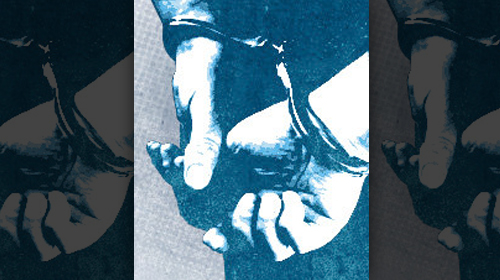
Louisiana's prison crisis has been much in the news recently. Just a few days ago I posted about the terrible conditions and what the ACLU is doing to help alleviate the overcrowding and over-sentencing.
In that post I mentioned an ACLU-sponsored bill, House Bill 543, which would grant parole eligibility for nonviolent and non-sex offenders who have been sentenced to life without parole. These prisoners wouldn’t automatically be let out of prison – rather, they would have the chance to go before a parole board and prove that they are ready to re-enter society rather than spending the rest of their lives behind bars.
We worked on that bill with unlikely allies – Burl Cain (the warden of Angola State Penitentiary) and the Louisiana Conference of Catholic Bishops. For different but powerful reasons they, like the ACLU, understand that prison should be for people who pose a risk of harm to others, and not for people who have redeemed themselves and can be productive again.
In a remarkable victory, this bill is now law. It passed the Louisiana legislature and on June 4 it was signed by Gov. Bobby Jindal, a conservative Republican who knows that the state has better ways to spend its money than on overcrowded prisons.
For two years in a row, the ACLU has achieved parole reform in Louisiana- and we’re not stopping with this. The Louisiana legislature is in recess until next year, when we'll be back with more reform proposals.
And we’re not alone, either – in the last legislative session many other states passed or began considering key reforms to beat back our nation’s overreliance on incarceration. Legislators are catching on to the simple truth that there are smarter, more effective ways to keep our communities safe than by locking up more and more people who don’t pose a threat.
The United States, led by the State of Louisiana, should not be the world's largest incarcerator. We're doing what we can to change things. Keep checking back to see what’s next.
Learn more about criminal law reform: Sign up for breaking news alerts, follow us on Twitter, and like us on Facebook.

